
The UN Department of Peacekeeping Operations (DPKO) oversees 17 operations and has more than 100,000 troops and personnel deployed, making it the second largest force deployed in the world. These missions promote peace and security by stabilizing regional conflicts, training police officers, and protecting civilians during humanitarian crises. To learn more about UN peacekeeping and each of the 17 operations, please visit www.unitedinpeacekeeping.com
In the last ten years, the number of peacekeeping missions has tripled as the Security Council has increasingly looked to the UN to serve as a stabilizing presence in volatile regions. Last September, President Obama hosted a meeting with the UN’s top troop-contributing countries to underscore the U.S. commitment to UN peacekeeping and to stress the message, that the operations are a “cost-effective means for the United States and all nations to share the burden of promoting peace and security.”
Enhancing American Interests
UN peacekeeping continues to serve key U.S. interests by:
• Sharing the burden. The U.S. cannot, nor should it be asked to, promote international security alone. UN peacekeeping draws upon the financial and human resources of UN member states to effectively share the burden of collective security and reduce the need for unilateral intervention. As a trade-off for providing a significant portion of the funding for UN peacekeeping, the U.S. provides very few troops for these missions.
• Being cost effective. The UN continues to be one of the most cost-effective solutions for preventing conflict, keeping peace, and rebuilding societies emerging from conflict. According to the Government Accountability Office, UN peacekeeping is 8 times less expensive–just 12 cents on the dollar–than fielding a comparative U.S. force.
• Maintaining stability abroad. The Human Security Report, a major international study on peace and war, declared the global security climate improved dramatically since the 1980s, with genocides in particular plummeting by 80 percent. The study attributed that decline to better conflict prevention and peacemaking effort, as well as the increase in the number and complexity of UN peacekeeping missions.
• Preventing failed states. With U.S. assistance, UN peacekeeping continues to help prevent the collapse of weak states by implementing peace agreements, monitoring ceasefires, demobilizing combatants, facilitating humanitarian efforts, training police, and creating conditions for political reconciliation and elections to take place. Preventing a rise in failed states effectively limits safe havens for terrorists which is an important U.S. counterterrorism objective.
• Promoting democratic governance. UN peacekeeping operations provide the security necessary to support free and fair elections and assists nascent democracies emerging from conflict to implement governance reforms. The promotion of democracy and stable government institutions is a key U.S. foreign policy priority.
• Leveraging international legitimacy. By harnessing the agreement of its member states and the strength of its Charter, UN peace operations enjoy a level of international legitimacy that unilateral and coalition efforts do not. As a permanent Security Council member, the U.S. is able to leverage this legitimacy in pursuit of America’s strategic national security interests.
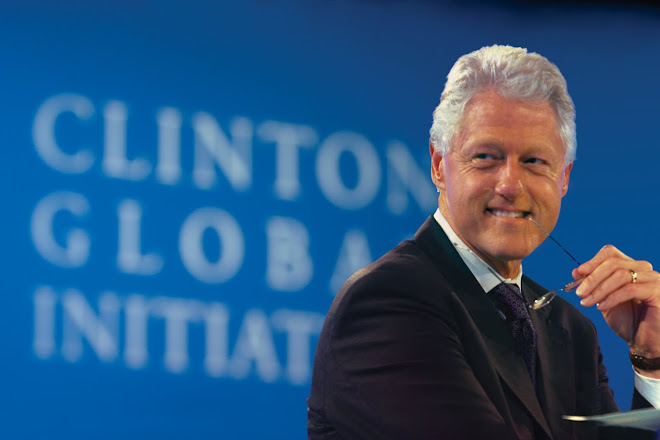






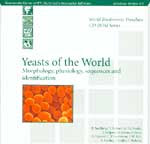






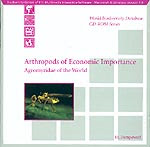






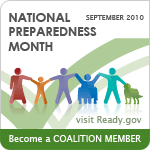

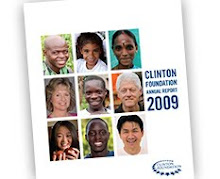





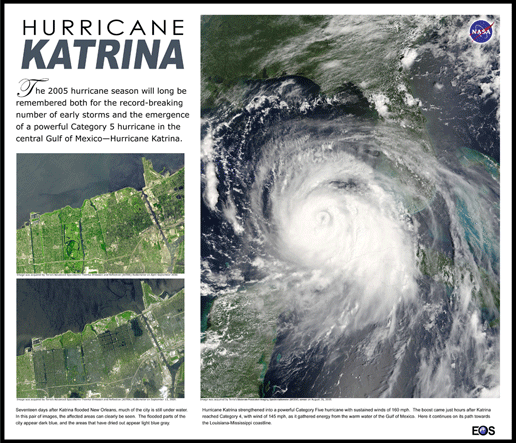


No comments:
Post a Comment